|
So are we back to the old, sceptical, observation, of “if you believe it works, it will work”?
Yes, indeed. The placebo effect is indeed powerful and a little mysterious. Many people put it down to “just being in your head”, simply “psychological”. But thoughts are made of chemical interactions in your brain - so a biological process which in turn influences your biology in other ways. So, don’t underestimate the placebo effect - for if it does work, it does indeed work. The best place to start with this topic is by understanding what you can gain from letting go of the past.
We tend to focus on what might be lost and frequently overlook what the benefits of taking this step are. Try to imagine a life already free of images and thoughts from the past inhibiting you in the present. Imagine how it would feel if you maintained positive memories, ones that energized you rather than ones that drained you. Carrying negative aspects of the past with you prevents you from feeling and knowing what the present has to offer. Sometimes you may be so entangled in old problems that you cannot see the changes that are necessary to make your life better. For this you will need to “clear out the deadwood” and make space for the new, that is: your life now. You know that the past is the past; nevertheless you are still caught up in it through strong emotions. Intellectually you understand what is going on but somehow your emotions do not. Some thoughts to motivate you to move on: Good Reasons to Master the Art of Living in the “Now”, Being in the Moment / Going with the Flow23/4/2024
The message is not new yet being in the present, living in the 'now' is not easy to master when life is difficult. It seems odd that we do not just naturally live in the Now. After all, almost everyone would agree that the present moment, the Now, is all we have. The fact remains that most people do not live in the present moment and have to learn how to do so. Here are a few of the reasons I continue to master living in the moment:
By mastering the art of living in the moment, you are taking good care and being very kind to yourself. That alone should make it worth the effort. Remember: “Do not encumber your mind with useless thoughts. What good does it do to brood on the past or anticipate the future? Remain in the simplicity of the present moment”. By Suzie Doscher, Professional Executive Coach focusing on Personal Development, Native English Speaking, 18 years experience in the field of coaching. Photo credit: Pexels The message is not new yet being in the present, living in the 'now' is not easy to master when life is difficult. For support contact me
Maybe you are trapped in a golden cage? Maybe you feel you have been forced into this cage or have chosen it. For whatever reason you are feeling trapped or as if your wings have been clipped, it is not a nice feeling. It is up to you to figure out what needs to change to set yourself free. This is a lot easier said than done. I remember reading The Road Less Travelled. At the time I bought it the concept of self-help was new to me. I was in a state and knew that something had to change. I had no idea what, and even less of a clue where to begin. So, I bought a book! I remember I got as far as ‘life is difficult and the sooner you accept it, the easier it gets’. (Or at least that is how I remember it) Naturally this was not the ‘quick fix’ I was hoping for. However, those words made such an impact on me that they were in fact a ‘quick fix’. My next step was to accept that life is not easy and therefore change my expectations. Life can be difficult THERE IS NOTHING GOOD OR BAD, |
Suzie Doscher is a Professional Executive Coach focusing on Personal Development. Located in Zurich, Switzerland. Her approach to personal development is practical and successful.
Suzie is happiest when helping people. Her vision is everyone should have access to techniques for personal growth and development. This was the motivation behind her book. Author |


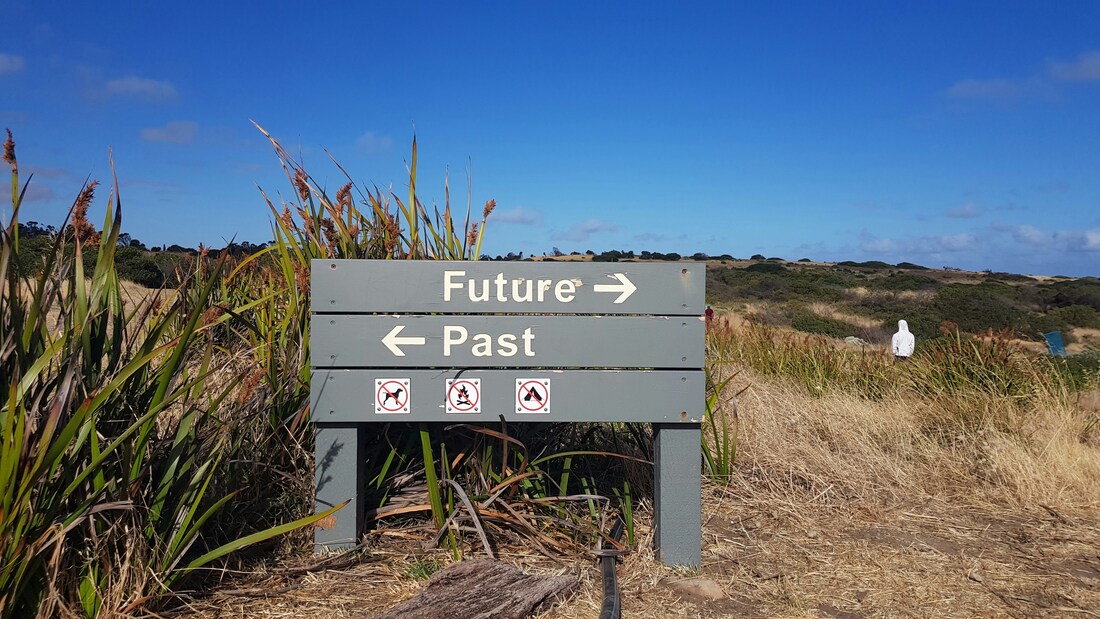
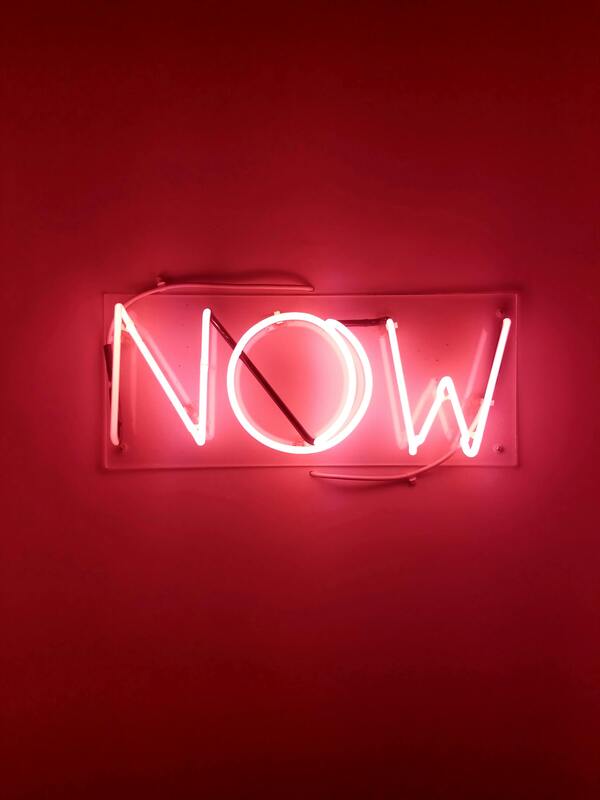



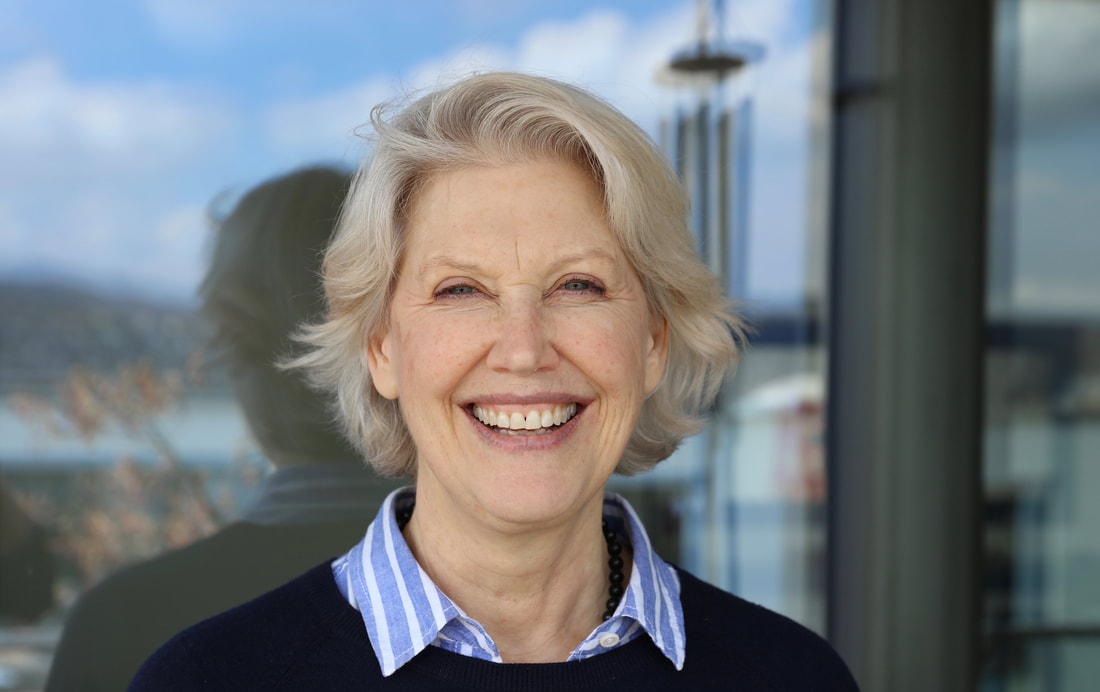


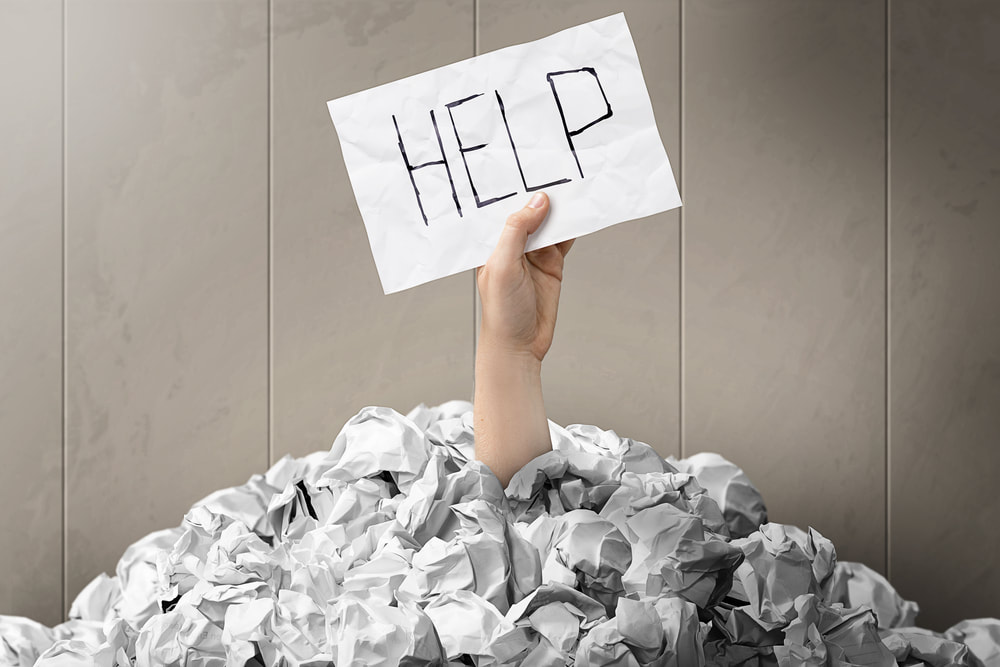





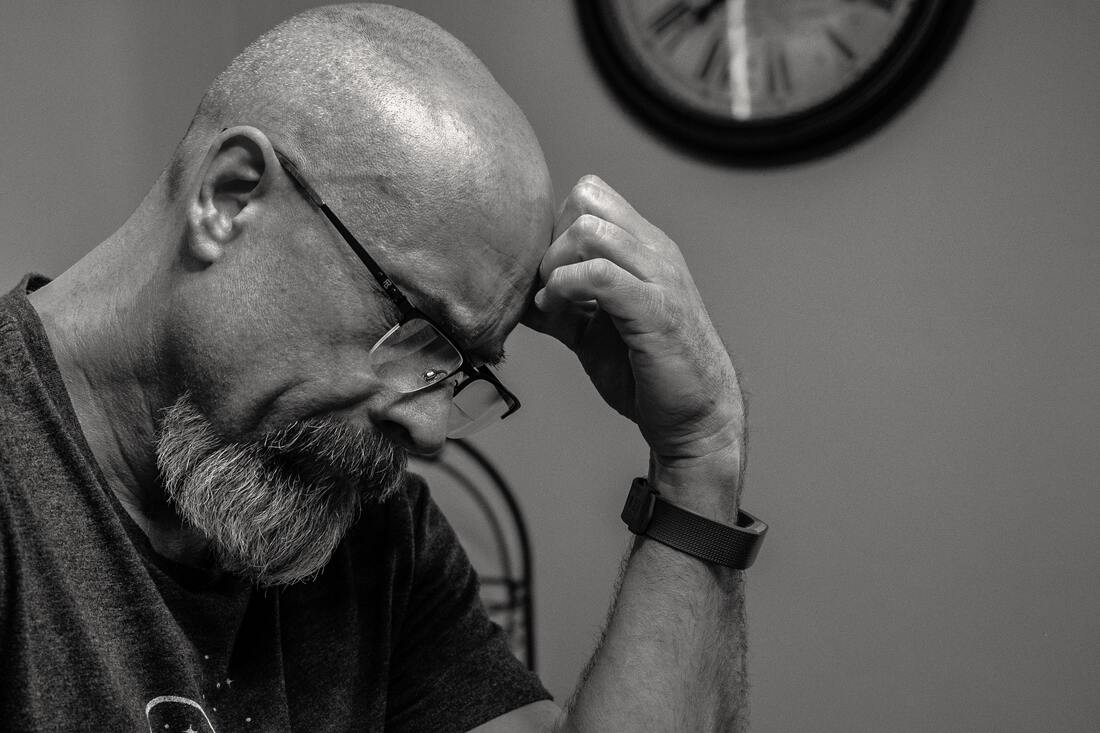

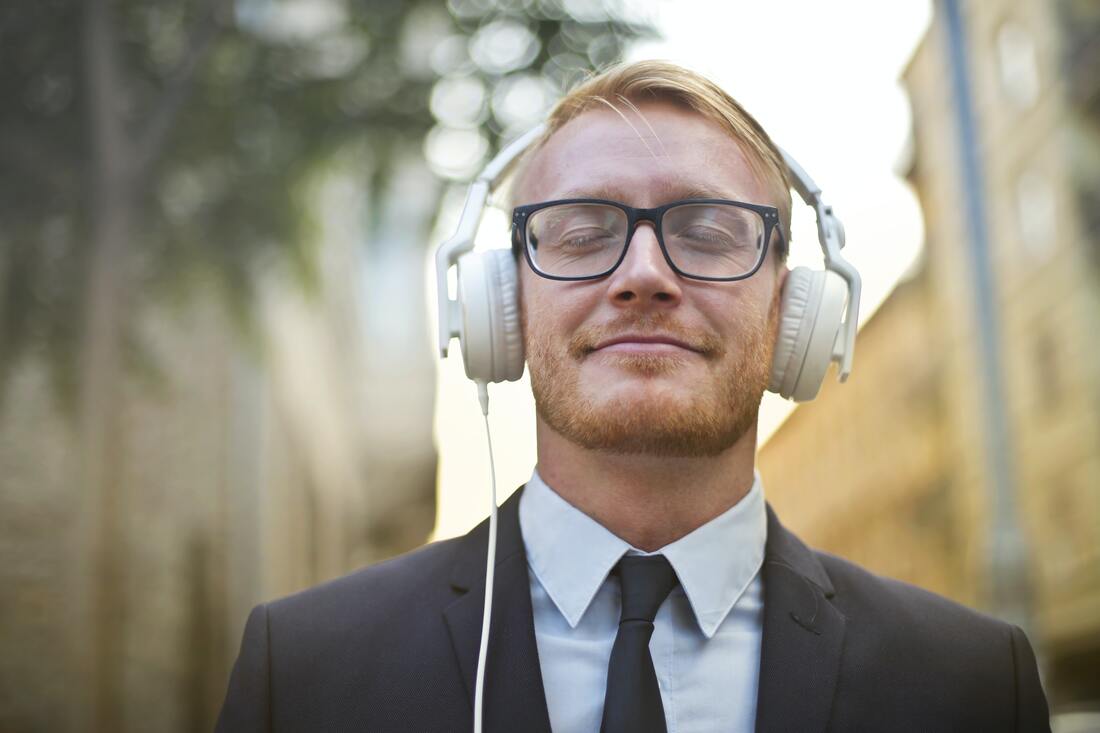
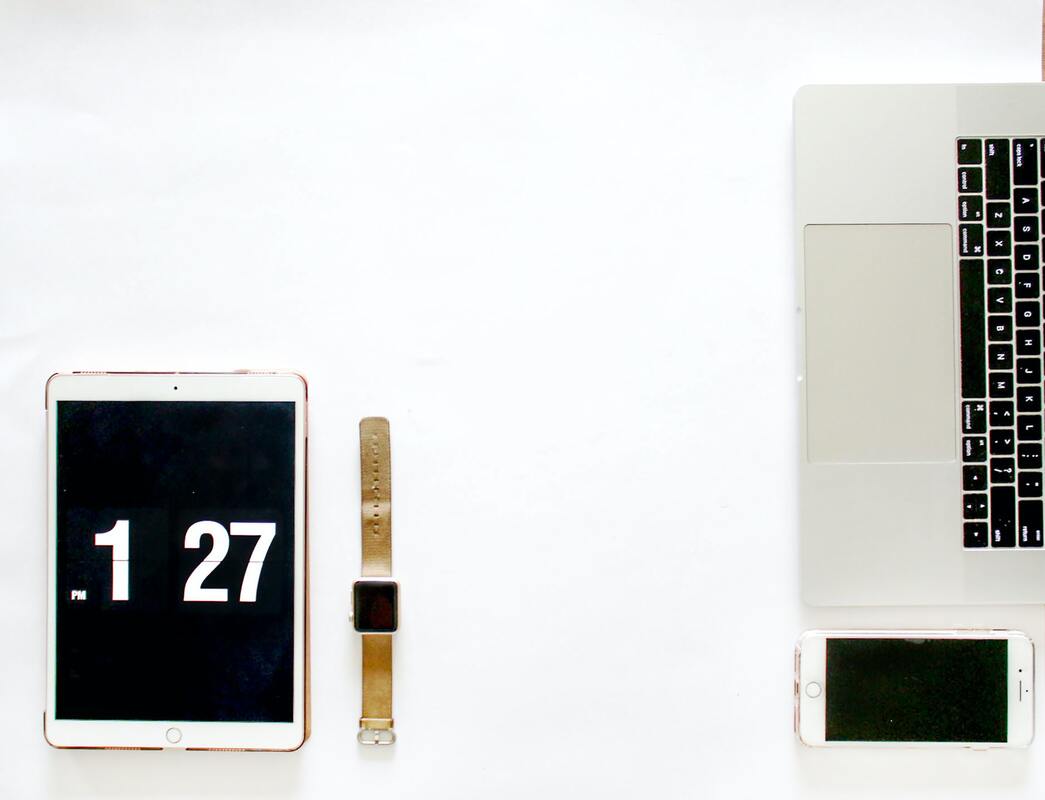

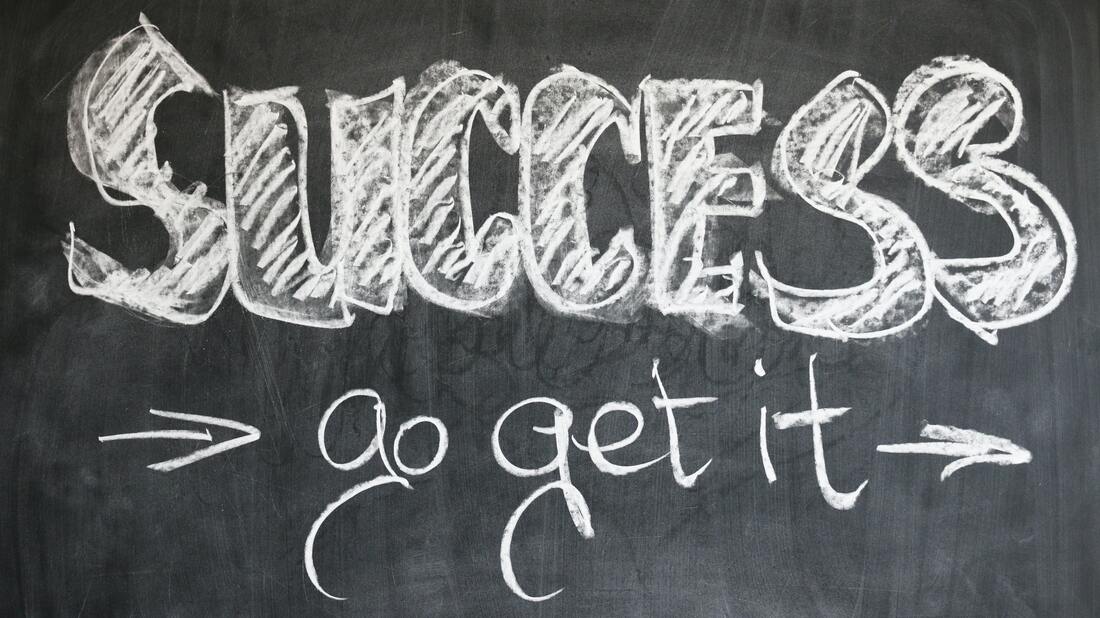

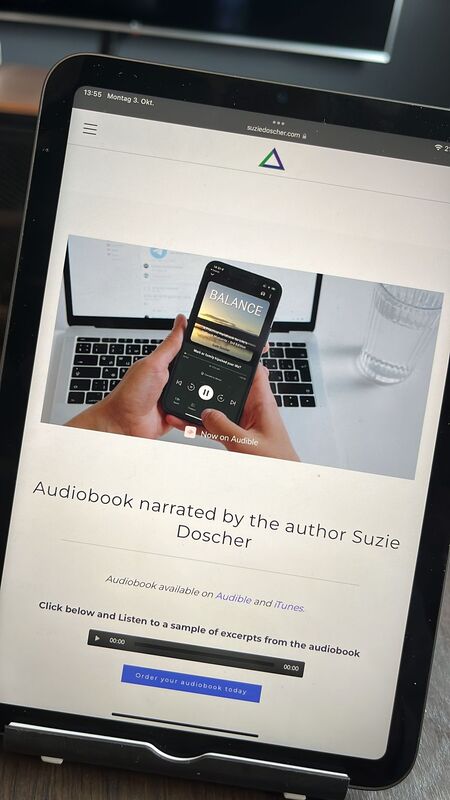
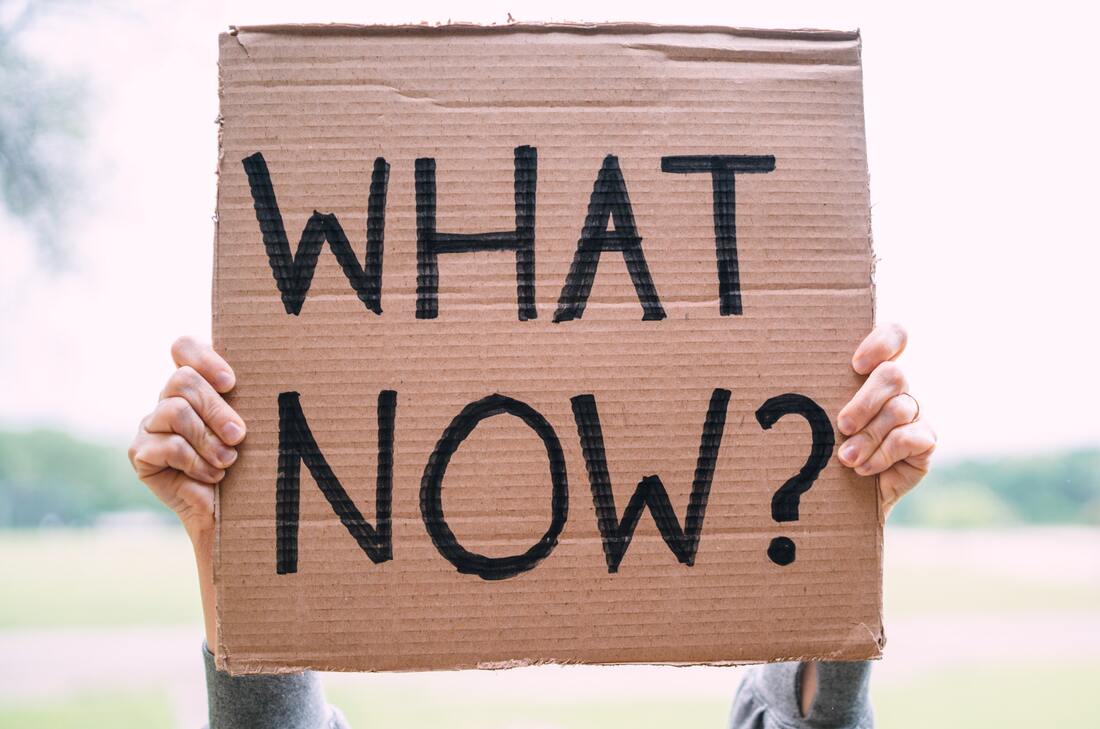

 RSS Feed
RSS Feed

